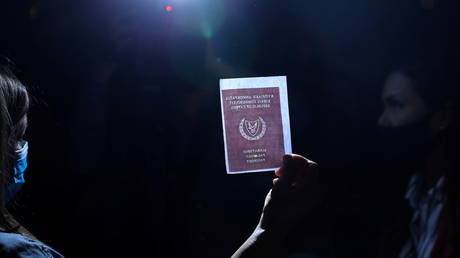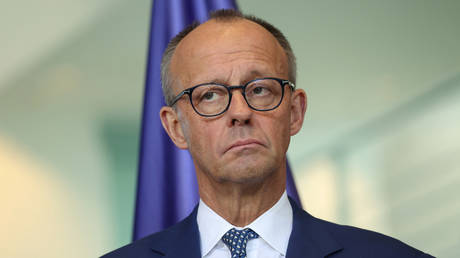
The head of an inquiry into the now-defunct Cypriot citizenship by investment program has said that more than half of all the passports doled out by the government in Nicosia were illegal under EU law.
Speaking to reporters on Friday, Myron Nicolatos, who chaired the inquiry, said the interim report had been handed to Attorney-General Giorgos Savvides, noting that the government’s actions were found to be illegal in more than half of the cases.
“Our interim report gives statistical data concerning illegal naturalizations – those which, in the view of the committee, were issued by exceeding the boundaries of the law – and those are 51.81% of the total,” Nicolatos stated, adding that a number of other issuances were found to have shortcomings.
Nicolatos, who was president of the Supreme Court until his retirement in 2020, said that in “tens” of cases, the commission recommended rescinding citizenship. “The interim report notes possible criminal, disciplinary or administrative responsibilities which will be investigated by the relevant authorities,” he added.
More than 3,000 individuals invested at least €2 million ($2.4 million) in exchange for Cypriot passports between 2013 and 2019, with the program proving particularly popular with Russians, Ukrainians, Chinese and Cambodians.
Savvides said redacted forms of both the interim and final reports would be published.
In October, the EU commenced legal action against the governments of Cyprus and Malta over their so-called “golden passport” schemes. In a statement, the European Commission noted its concerns about the programs, stating that the sale of citizenship “is not compatible with the principle of sincere cooperation” and “undermines the essence of EU citizenship.”
In August 2020, an Al Jazeera investigation found that some individuals who sought citizenship through the ‘Cyprus Investment Programme’ were under international sanctions, criminal investigation or serving prison sentences. The revelation prompted several high-profile resignations in Cyprus’ parliament.
The scheme, which was ditched in 2020, reportedly earned the government more than €7 billion.
If you like this story, share it with a friend!




